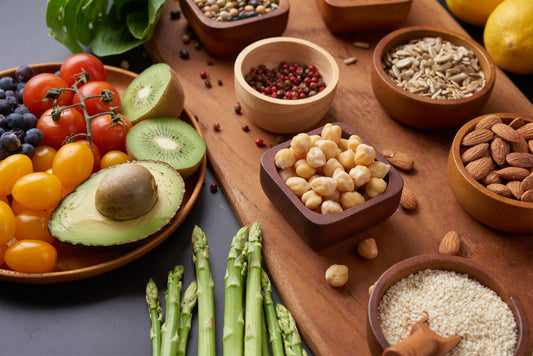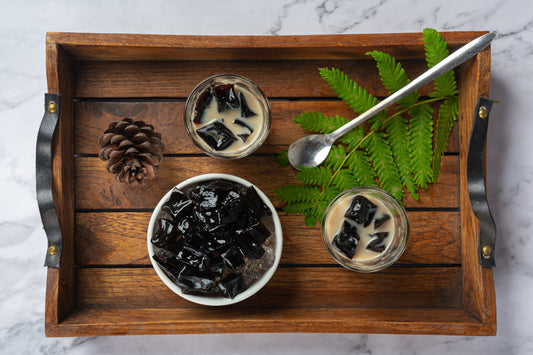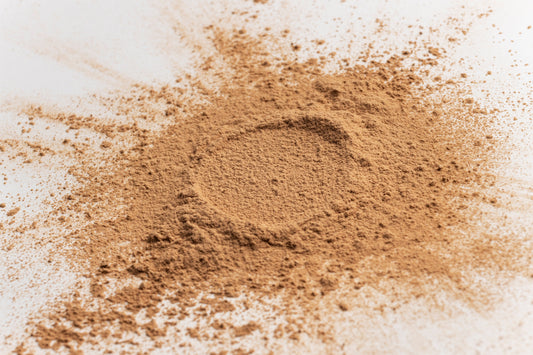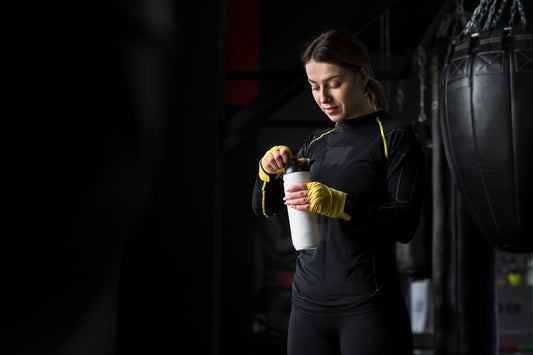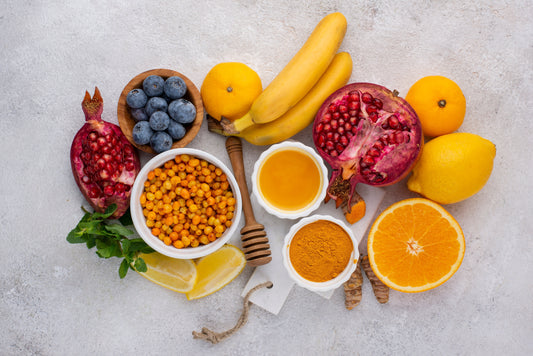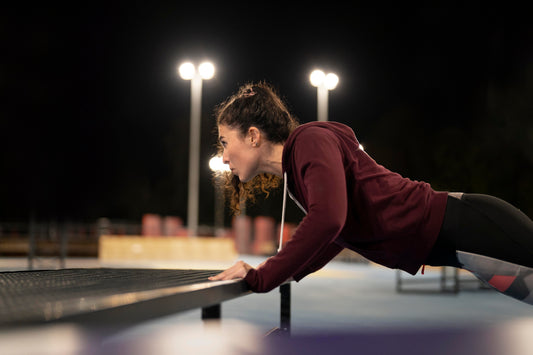
Dehydration Symptoms Explained: How to Spot, Prevent & Fix It Fast
What Are Dehydration Symptoms?
Dehydration occurs when your body doesn’t have enough water to maintain its normal functions. Water is vital for every single cell, tissue, and organ in your body. When you’re dehydrated, the body begins to struggle, and the symptoms can range from subtle to serious.
Let’s break down each symptom in detail:
1. Dry Mouth
When dehydrated, your salivary glands produce less saliva. Saliva keeps your mouth moist and helps in digestion and oral health. Without enough saliva:
- Your mouth may feel sticky, dry, or even sore.
- You may have trouble speaking or swallowing comfortably.
- This is often one of the earliest signs of dehydration.
2. Bad Breath
Saliva helps cleanse the mouth by washing away food particles and bacteria.
- A dry mouth due to dehydration allows bacteria to grow unchecked.
- This leads to halitosis (bad breath), especially in the morning or after prolonged periods without fluids.
3. Headaches and Dizziness
Dehydration lowers your total blood volume, which:
- Reduces the flow of oxygen and nutrients to your brain.
- Causes your brain tissue to temporarily shrink slightly from fluid loss, triggering pain receptors.
- This results in headaches and dizziness or feeling lightheaded, especially when standing up quickly.
4. Fatigue or Brain Fog
Water is essential for energy production at the cellular level.
- Without enough water, your cells can’t perform metabolic processes efficiently.
- This can lead to a feeling of tiredness, mental fog, lack of concentration, and slower reflexes.
5. Dark Yellow Urine
Urine color is a great indicator of hydration.
- Pale yellow urine is normal and healthy.
- Dark yellow or amber-colored urine signals that your kidneys are conserving water due to dehydration.
- In severe cases, it may appear brownish, which is a warning sign.
6. Dry or Flaky Skin
Skin contains a lot of water and needs it to remain healthy.
- Dehydrated skin loses elasticity and may feel rough or look dull.
- You might experience itchiness, tightness, or fine lines caused by lack of moisture.
7. Reduced Sweating
Your body uses sweat to cool itself down.
- When you're dehydrated, your body restricts sweating to conserve fluid.
- This impairs your body’s cooling mechanism, raising your internal temperature and increasing your risk of heat exhaustion or heat stroke.
8. Muscle Cramps and Dizziness
Water helps muscles contract and relax properly, and also transports electrolytes like sodium and potassium.
- Dehydration causes electrolyte imbalances and lack of lubrication in the joints.
- This can result in painful muscle cramps, spasms, and weakness—especially during or after exercise.
- It can also make you dizzy, particularly when transitioning from sitting or lying down to standing.
9. Constipation
Water is crucial for healthy digestion.
- It helps soften stool and keeps things moving through your intestines.
- Without enough fluid, stools become hard, dry, and difficult to pass, leading to constipation and discomfort.

Why Drinking Water Is So Important
Water is more than a thirst-quencher — it is involved in virtually every bodily process. Here's how staying hydrated benefits your health:
1. Speeds Up Metabolism
Water plays a key role in chemical reactions inside the body, including breaking down fat and carbohydrates.
- Proper hydration helps regulate metabolism.
- Even mild dehydration can slow it down, affecting energy levels and weight management.
2. Improves Brain Function
Your brain is about 75% water.
- Water enhances concentration, memory, and mood.
- Studies show even 1–2% dehydration can impair cognitive performance, attention span, and decision-making.
3. Makes Your Skin Look Better
Water hydrates the skin from within.
- It improves elasticity, helps reduce dryness, and maintains that youthful glow.
- Chronic dehydration can lead to premature aging and increased visibility of fine lines.
4. Keeps Your Body Cool
Water allows your body to regulate temperature.
- Through sweating and evaporative cooling, it keeps you from overheating.
- Without enough water, this process breaks down, and heat-related illnesses can develop.
5. Flushes Out Waste
Your kidneys use water to eliminate toxins through urine.
- Without adequate water, toxins can build up in the body.
- This also increases the risk of kidney stones and urinary tract infections (UTIs).
6. Aids Digestion
Water helps break down food so that your body can absorb nutrients.
- It also softens stool, promotes regular bowel movements, and prevents bloating or indigestion.
How Much Water Should You Drink?
Everyone’s water needs are different, depending on:
- Age
- Body size
- Activity level
- Climate (hot or humid conditions increase fluid loss)
- Diet (high-protein or salty foods require more water)
- Health status (fever, vomiting, or illnesses increase need)
General Daily Water Intake:
- Men: ~3.5 litres (about 14–15 cups)
- Women: ~2.7 litres (about 11–12 cups)
This includes fluids from water, beverages, and water-rich foods (like fruits and vegetables).
Sugary drinks and caffeine-heavy beverages can cause fluid loss, so limit their intake if you're trying to stay hydrated.
Never go below 2 litres per day, even on rest days.
Simple, Practical Tips to Stay Hydrated
Staying hydrated can be simple with small daily habits:
Start Your Day with Water
- Your body loses water during sleep, so rehydrating first thing in the morning is crucial.
Drink Before Coffee or Tea
- Caffeine acts as a mild diuretic, so always hydrate before your morning brew.
Carry a Reusable Water Bottle
- Keep it with you at your desk, in your bag, or in your car to sip throughout the day.
Use Larger Bottles (1–2 Liters)
- These help you measure and reach your daily water goals more easily.
Add Flavor to Your Water
- Add lemon, cucumber, mint, or berries to make water more refreshing and enjoyable.
Eat Water-Rich Foods
- Fruits like watermelon, oranges, cucumbers, and strawberries can contribute to your fluid intake.
Hydrate Around Workouts
- Drink before, during, and after exercise to replenish lost fluids and electrolytes.
Add Electrolytes When Needed
- Especially during intense workouts, heat, or illness — add an electrolyte powder or tablet to your water.
Drink When You Feel Hungry
- Sometimes thirst can be mistaken for hunger. Try drinking water before reaching for a snack.

